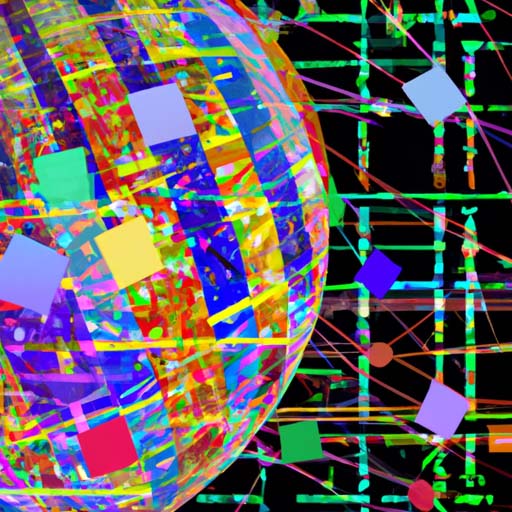- The backlash against technology known as ‘technopoly’ is gaining momentum as more people question the unchecked embrace of all new innovations, intrinsic in society’s reliance on technology.
- A significant shift occurred in the Trump-Clinton election cycle, when perceptions of social media platforms underwent a subtle yet consequential change, leading to wariness and criticism.
- With concerns over the mental-health impacts of social media on teenagers and the manipulation and exploitation of technology in politics and media, some are proposing more vigorous curation and selection of the tools and technologies we engage with.
In his New Yorker article, Cal Newport urges society to shift from accepting and adapting to every innovation, and instead propose a different approach called ‘techno-selectionism’. This standpoint acknowledges the significant benefits technology can bring, but it also emphasises the importance of discernment and careful selection of valuable and beneficial tools and technologies, refusing those causing more harm than good.
Newport uses the example of generative AI tools, such as OpenAI’s ChatGPT, to illustrate this point. These tools come with promises of revolutionizing various sectors, but they also carry potential risks and dangers. In response to this, the Writers Guild of America and the Authors Guild have taken significant steps to ensure these AI tools don’t bypass human creativity and rights.
Newport also addresses the issue of rampant social media usage among teenagers. Proposing a new solution, U.S. Surgeon General Vivek Murthy suggested halting teenagers’ usage of such services, an idea backed by Professor Jean Twenge of San Diego State University.
Although Newport admits that the implementation of this techno-selectionist approach will be complex and potentially challenging, he argues that in light of phenomena such as the TikTok-fueled misinformation or the rapid integration of AI in everyday life, it is crucial to regain control over the impact of technology on society. He opines that successful evolution in the age of technology will depend as much on rejection and subtraction of harmful or unnecessary technologies, as much as it does on embracing the beneficial ones.
